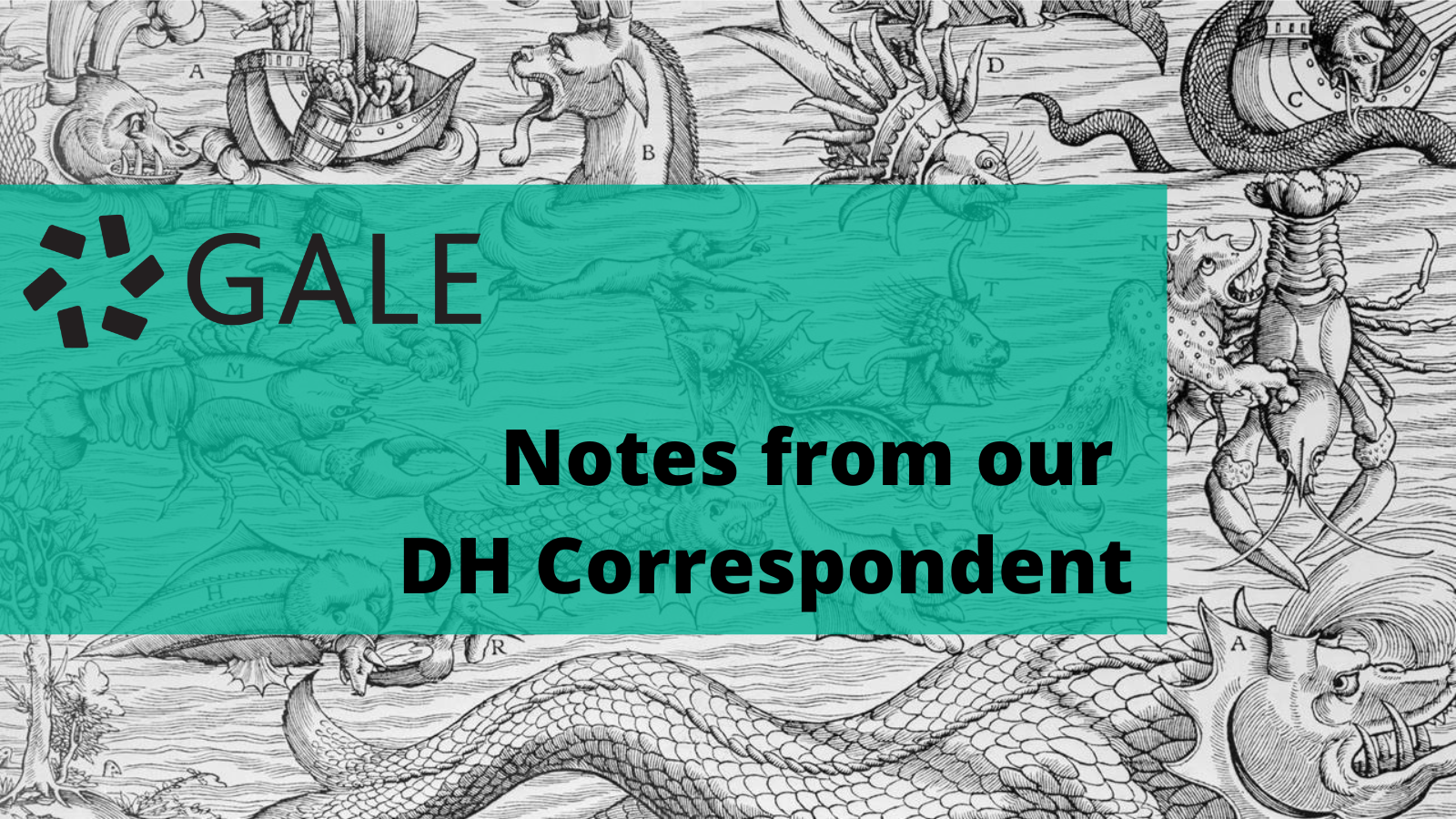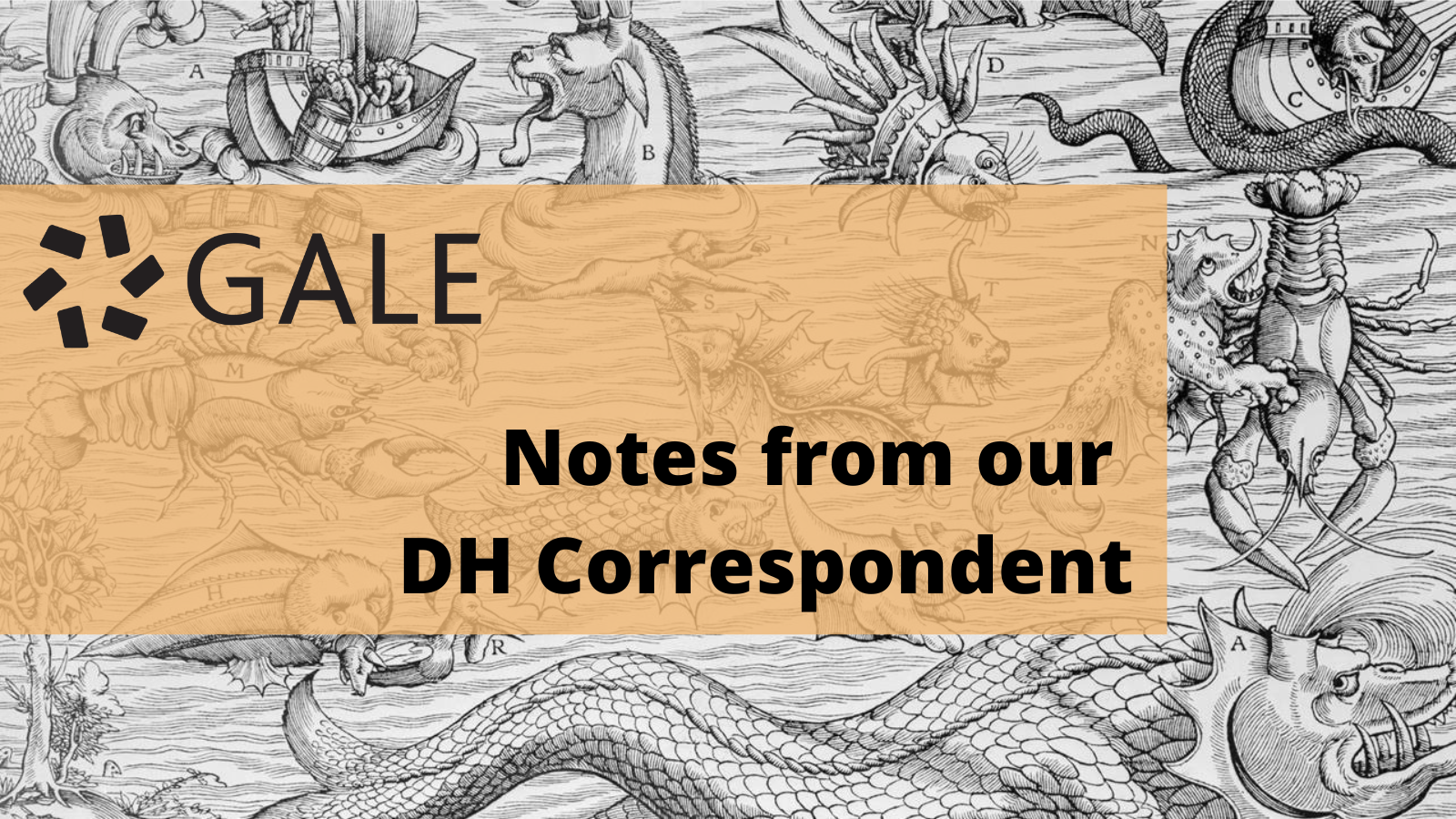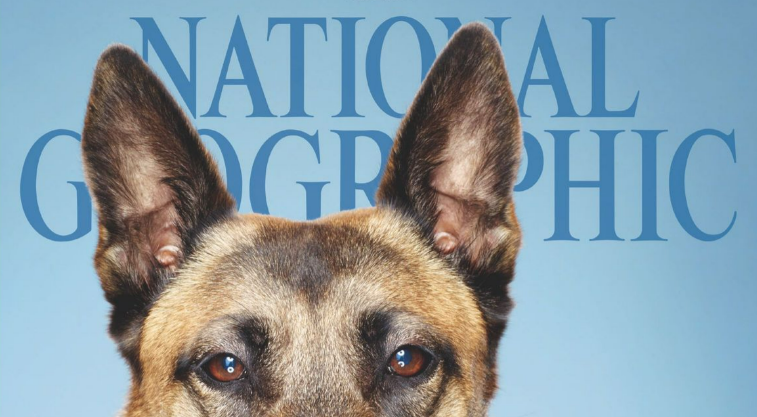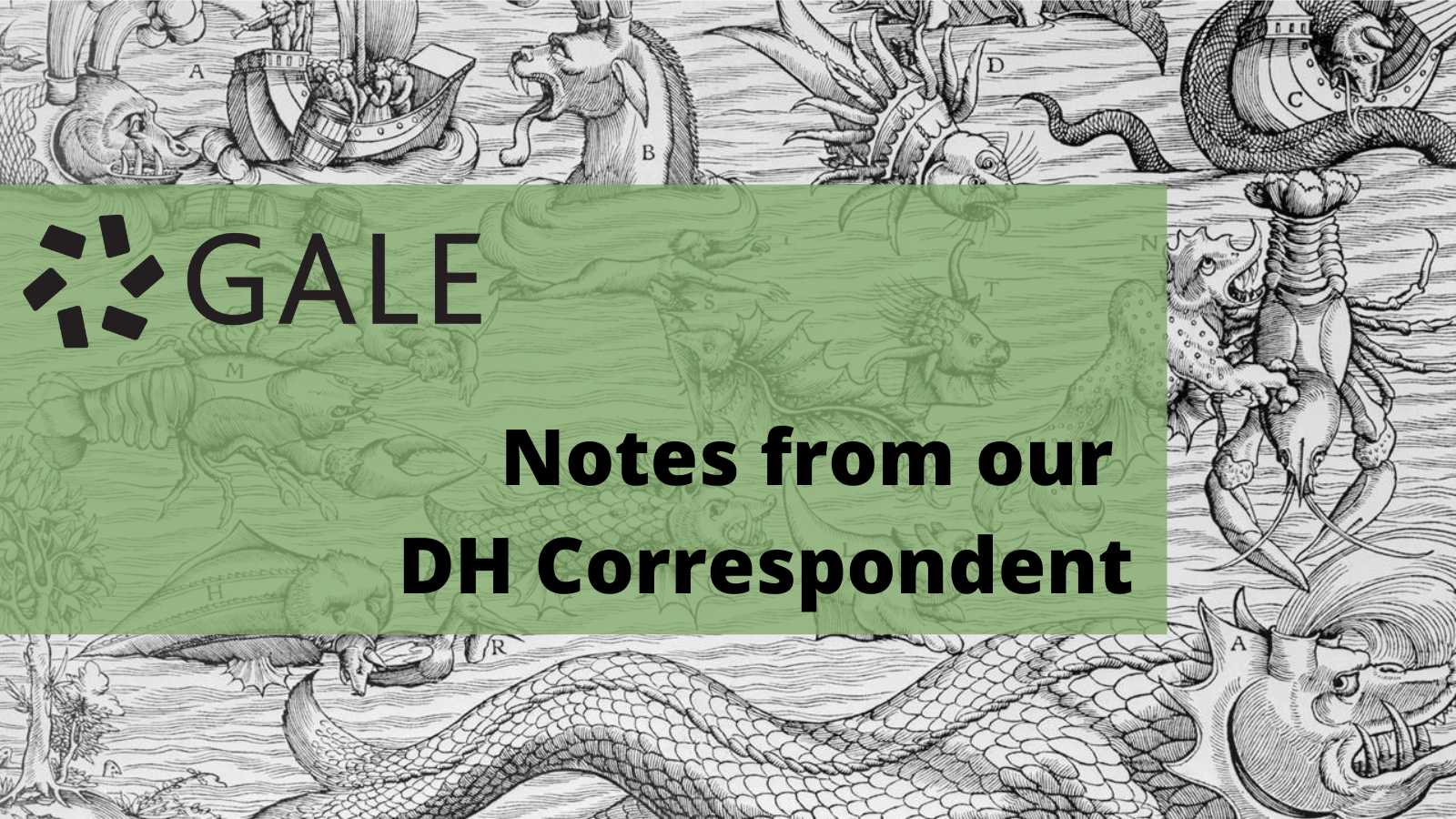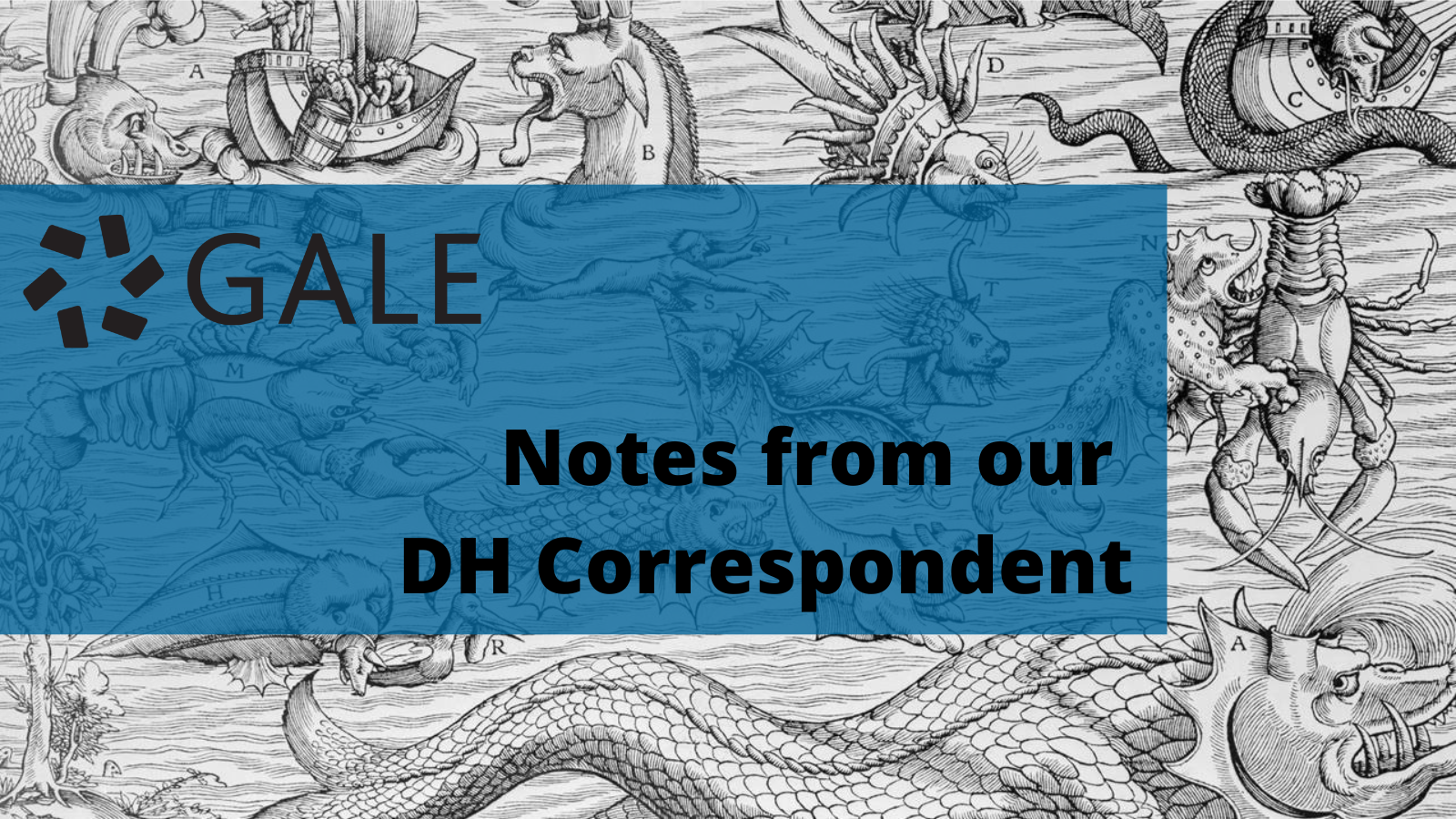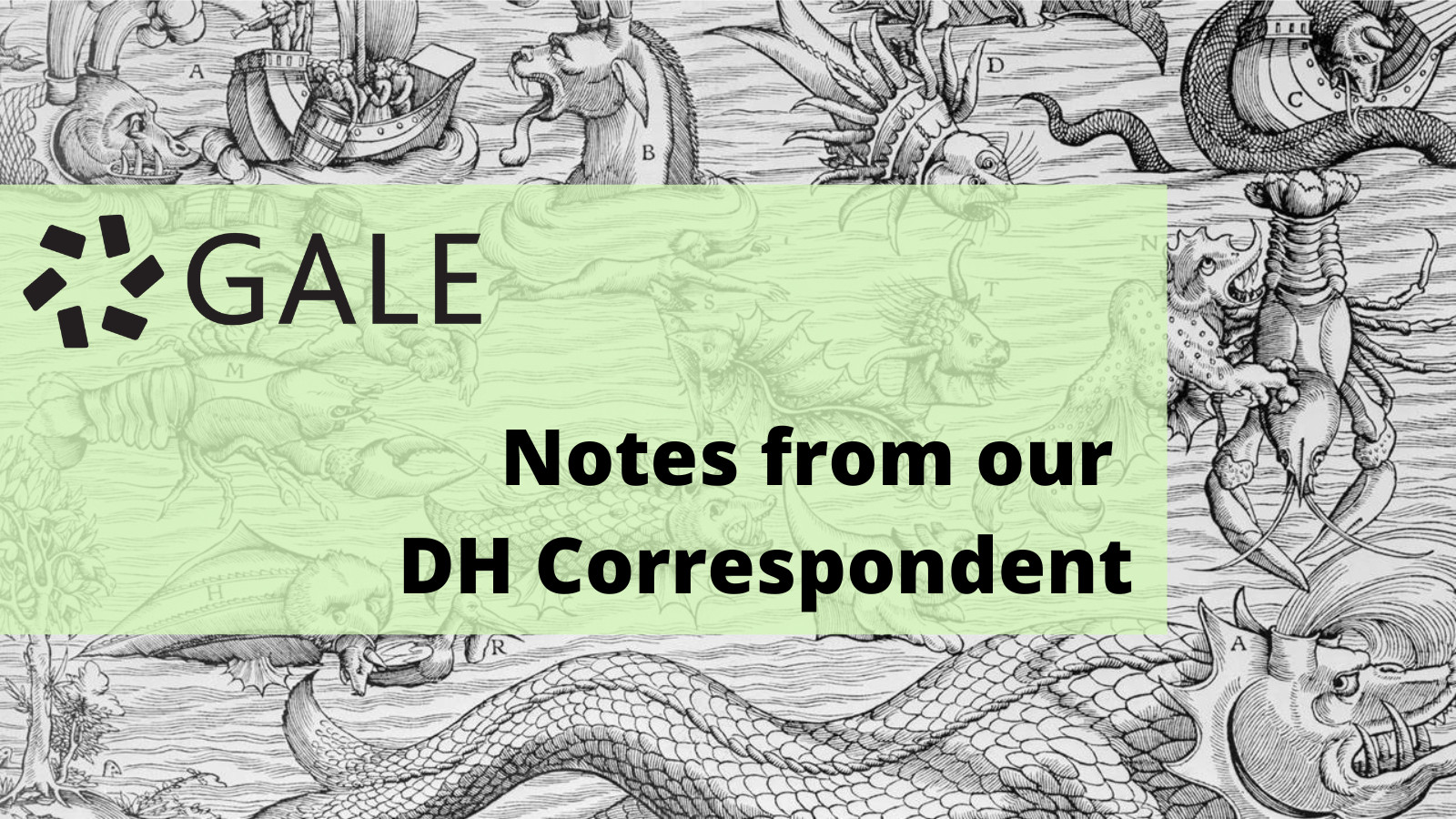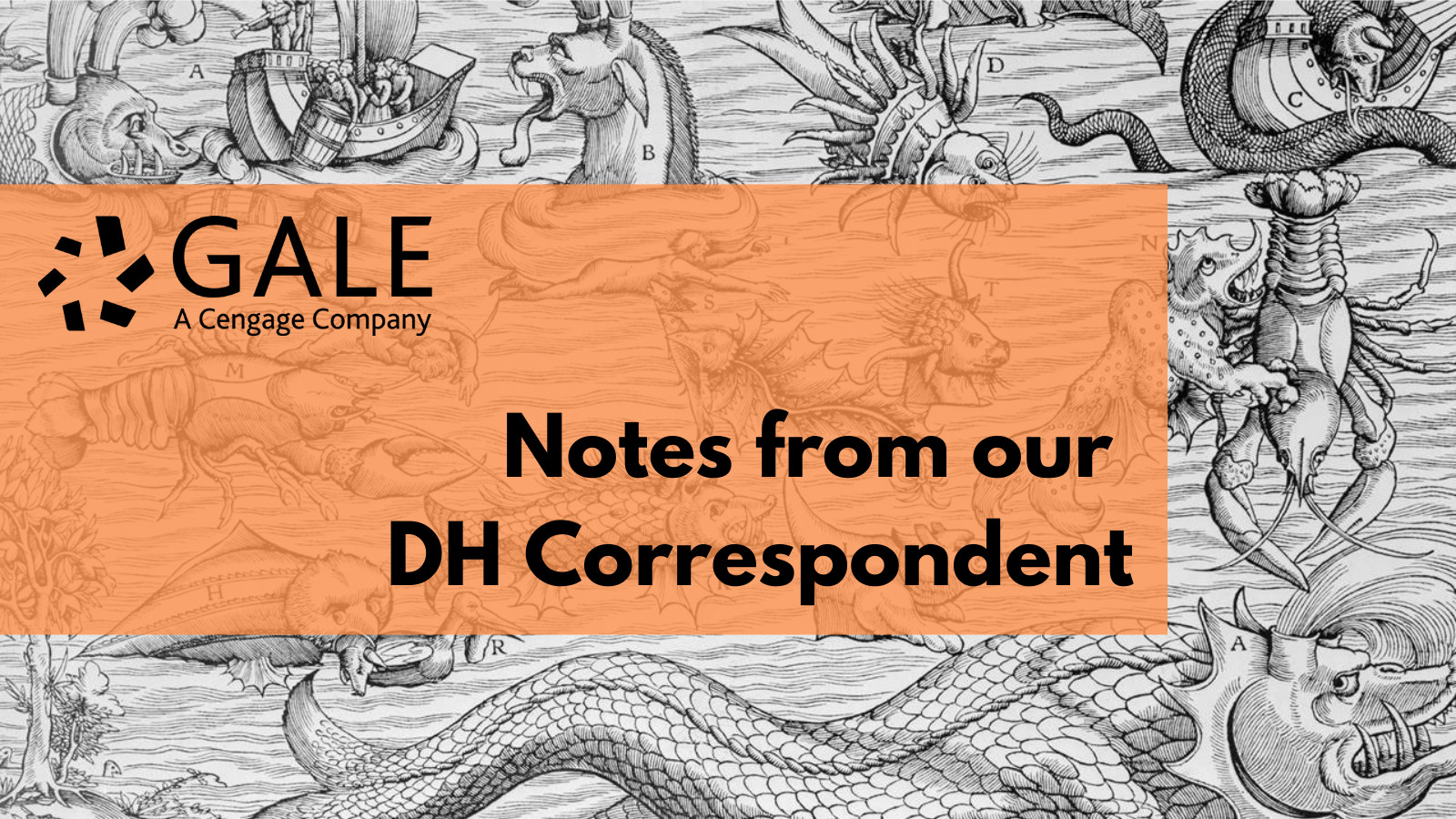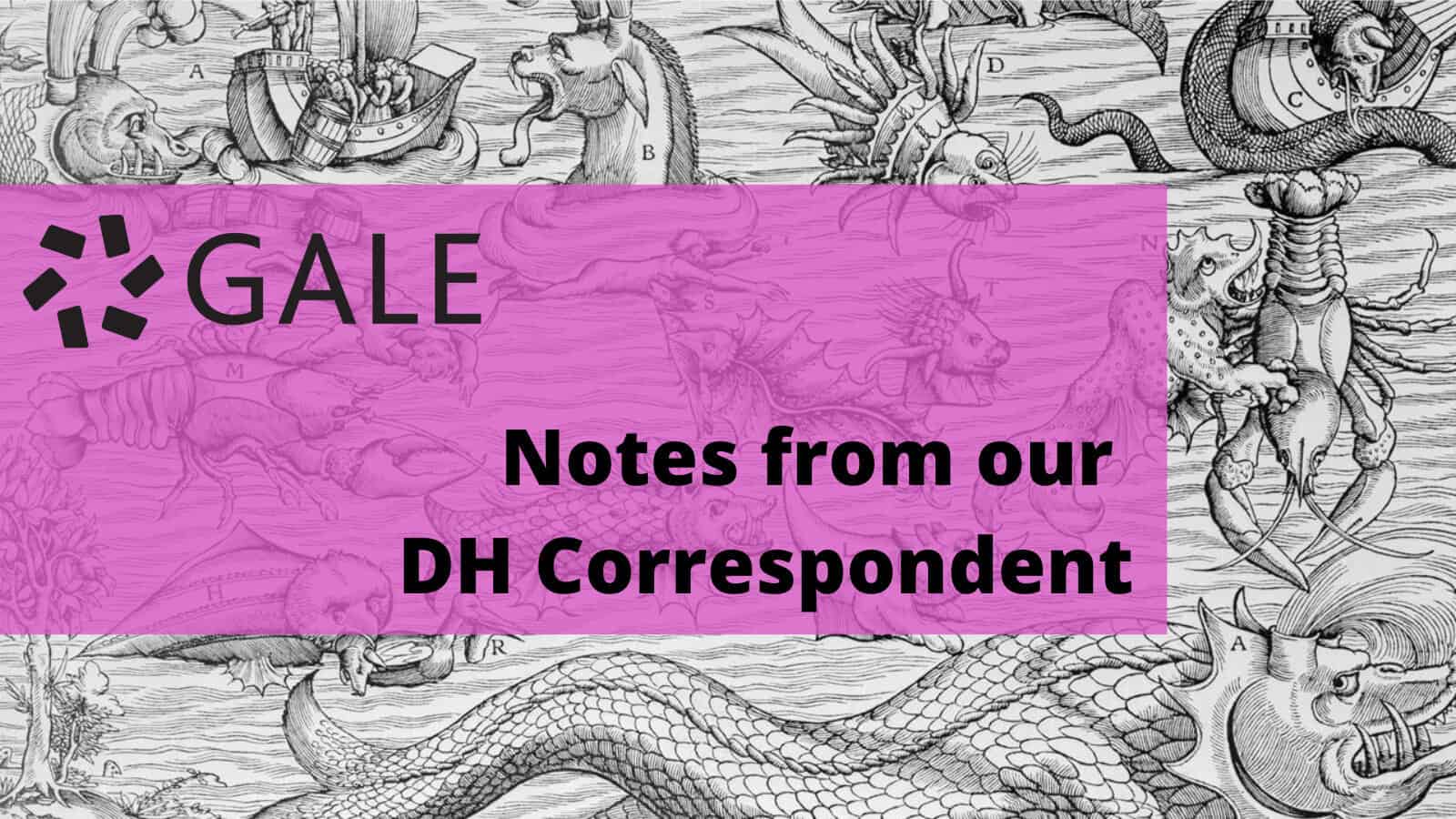│By Sarah L. Ketchley, Senior Digital Humanities Specialist │
On 5th December 2024, the Gale Digital Scholar Lab team, in association with Loyola University Chicago, University Libraries, offered a hands-on workshop freely available to researchers, educators, librarians, and anyone interested in exploring innovative ways to improve their digital humanities (DH) research skills. “Hacking History” brought together a diverse community for a day of collaboration, conversation and collegiality – along with some friendly competition between teams to create digital projects over the course of the day.

